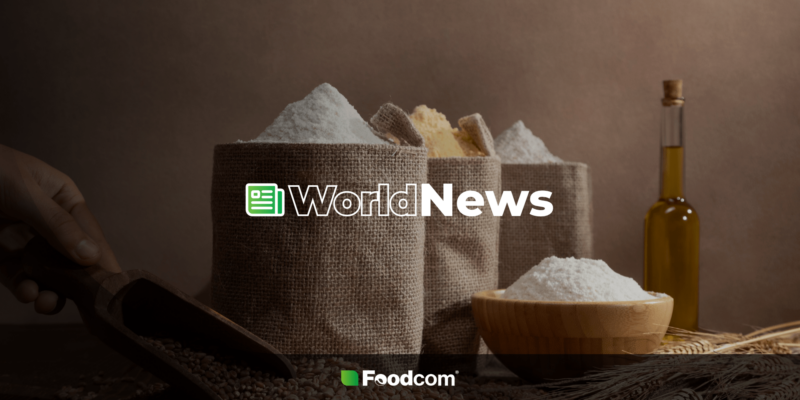Exceed your industry knowledge
We are eager to share leads and latest industry updates with our Business Partners – both during meetings at industry events and through blog publications and the Newsletter.

Comprehensive market knowledge
Experienced experts in the industry
Unique business insights




